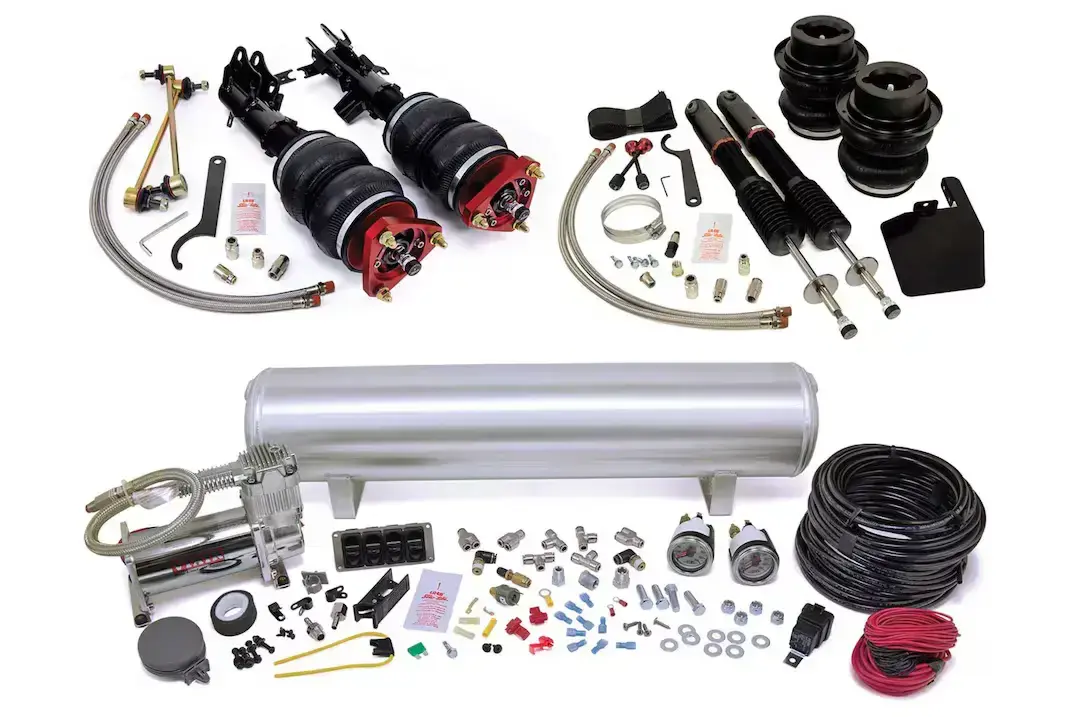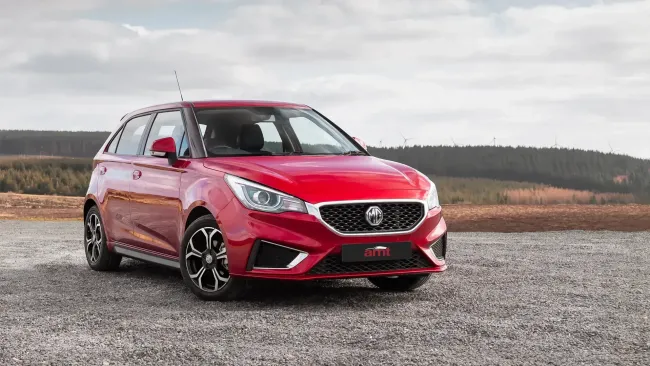
But how do you decide which components suit your vehicle type?
This post will explain the key differences between air suspension for SUVs and sedans and the factors you must consider before purchasing.
1. Weight and Load Capacity
One of the primary differences between SUVs and sedans is their weight and load capacity. SUVs are generally heavier and designed to carry more passengers and cargo. This means you’ll need air suspension components to handle the extra weight. SUV air springs tend to be larger and more robust, providing additional support for off-road conditions or towing. On the other hand, Sedans are lighter and often require smaller, more refined suspension parts to ensure a smooth ride on city streets.
2. Ride Comfort
SUVs and sedans offer different comfort levels, and the right Air suspension parts can enhance this aspect. You willl want components that provide comfort and versatility for SUVs for various terrains. Air suspension in SUVs is often more adjustable, allowing drivers to switch between smooth highway driving and rugged off-road handling. Sedans typically prioritize a smooth, consistent ride for daily commuting, so the air suspension should focus on minimizing road vibrations and ensuring a cushioned feel on uneven surfaces.
3. Performance and Handling
Performance is another critical factor when selecting air suspension. Due to their larger size and higher center of gravity, SUVs need air suspension components that enhance handling, especially during turns and off-road adventures. The components must be durable and provide better ground clearance without compromising stability. Sedans, designed for precision handling and quick maneuvers, benefit from air suspension that lowers the vehicle for improved aerodynamics and sharper control.
4. Durability and Terrain Adaptability
SUVs are often driven on various terrains, from city roads to mountain trails. This demands Air suspension parts built to last and withstand harsher conditions. Heavy-duty air suspension systems for SUVs provide durability and adaptability to different terrains, ensuring long-lasting performance. In contrast, sedans are mainly used on smooth, paved roads, so the focus is on longevity under less demanding conditions.
5. Cost vs Value
Lastly, the cost of air suspension components can vary greatly depending on the type of vehicle. Generally, SUV air suspensions are more expensive due to the required size and strength. However, the added value in enhanced performance, durability, and versatility justifies the cost. Sedans may require less expensive components, but the focus should still be on quality to ensure you get the best value for your investment.
Choosing the right air suspension system for your SUV or sedan involves understanding your vehicle’s needs. By considering factors like weight, ride comfort, performance, terrain adaptability, and cost, you can make an informed decision that improves your driving experience.


